Les Moonves, Shonda Rhimes and others on defining TV today
Executives, show runners, writers and performers tell Times staff writer Yvonne Villarreal what television is now, how it's changed their jobs, and where it all may be headed.
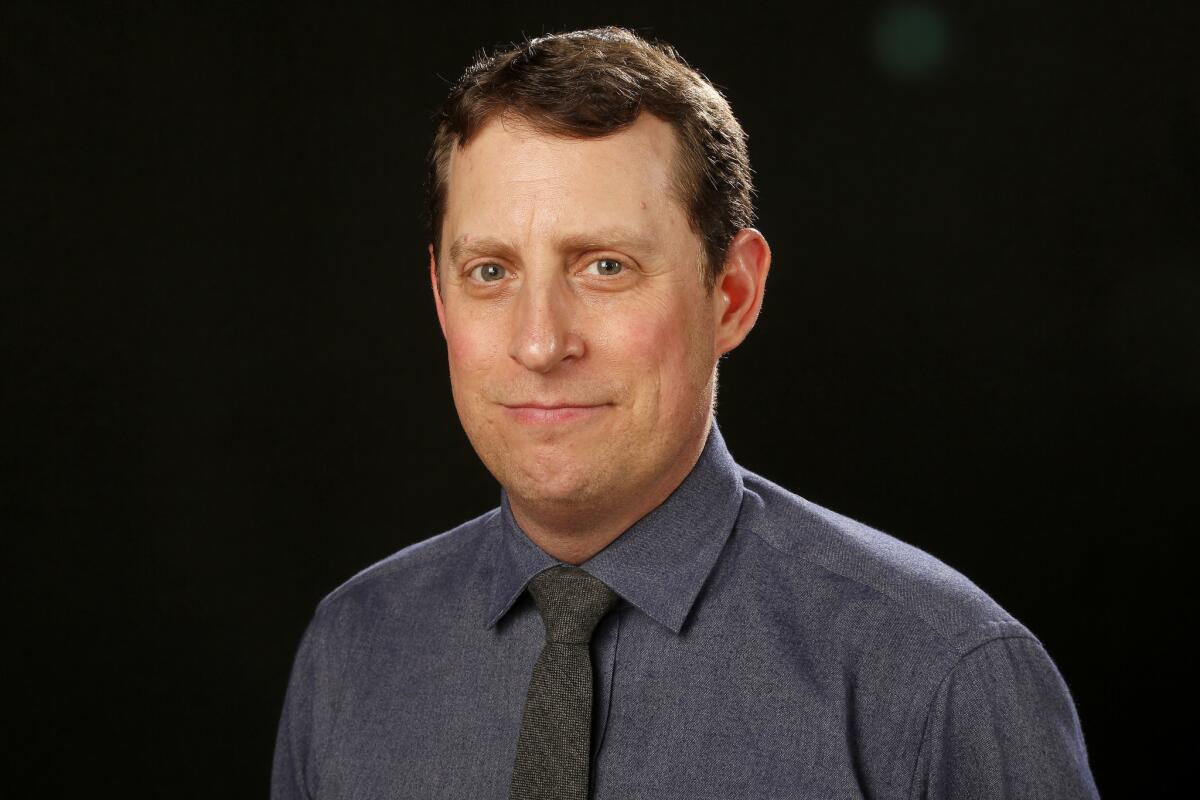
Scott Gimple, show runner for AMC's "The Walking Dead"
Nearly all of my work is done off of iPads and my many Macs. Easy video and pictures from set have become an essential part of communication on the show. The ability to edit remotely allows me to be with production in Georgia. The progress of what we can do in the world of visual effects year to year is astounding and has a huge impact on the stories we tell. HD and the increasing size of televisions has made TV into a cinematic medium.
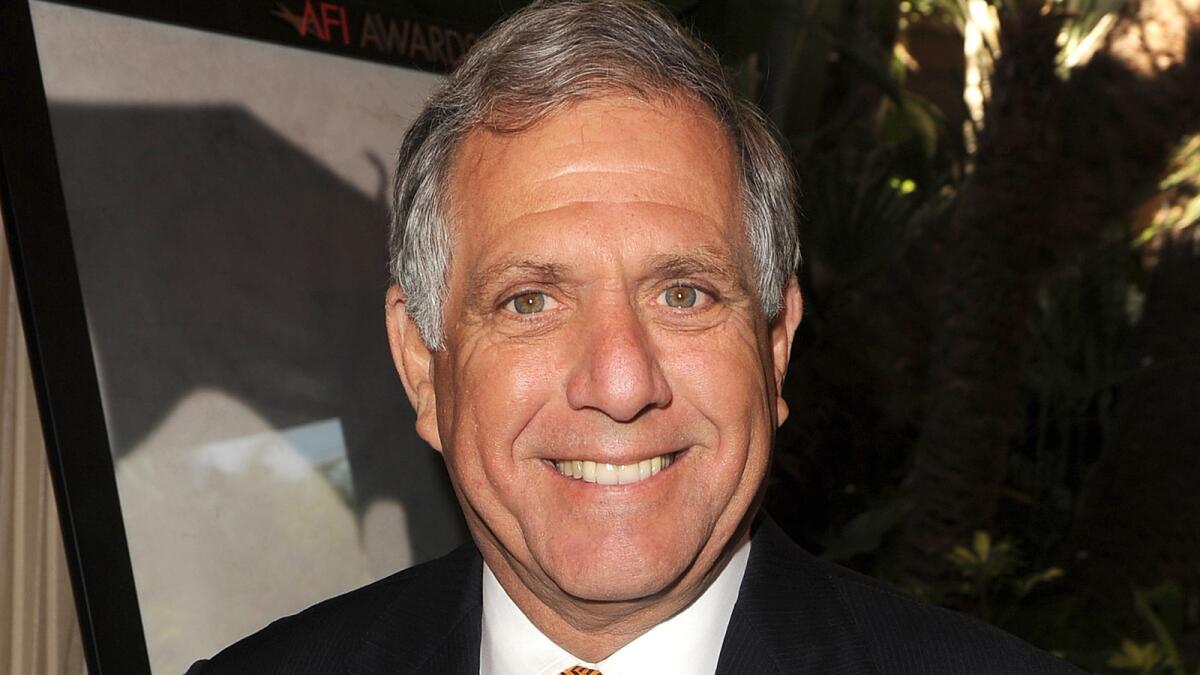
Les Moonves, CBS chief executive
When people ask me to look forward five years from now and what's it going to look like, I'm always like, "I don't know." Our job is to continue to produce the best content we can. How people receive it is changing every single day. And all we can do is keep up with them. I think your computer screen and your phone screen and your television screen will be interchangeable. They will be one screen and can be transferred anywhere. But at the end of the day, TV wise, it still comes down to the best content.
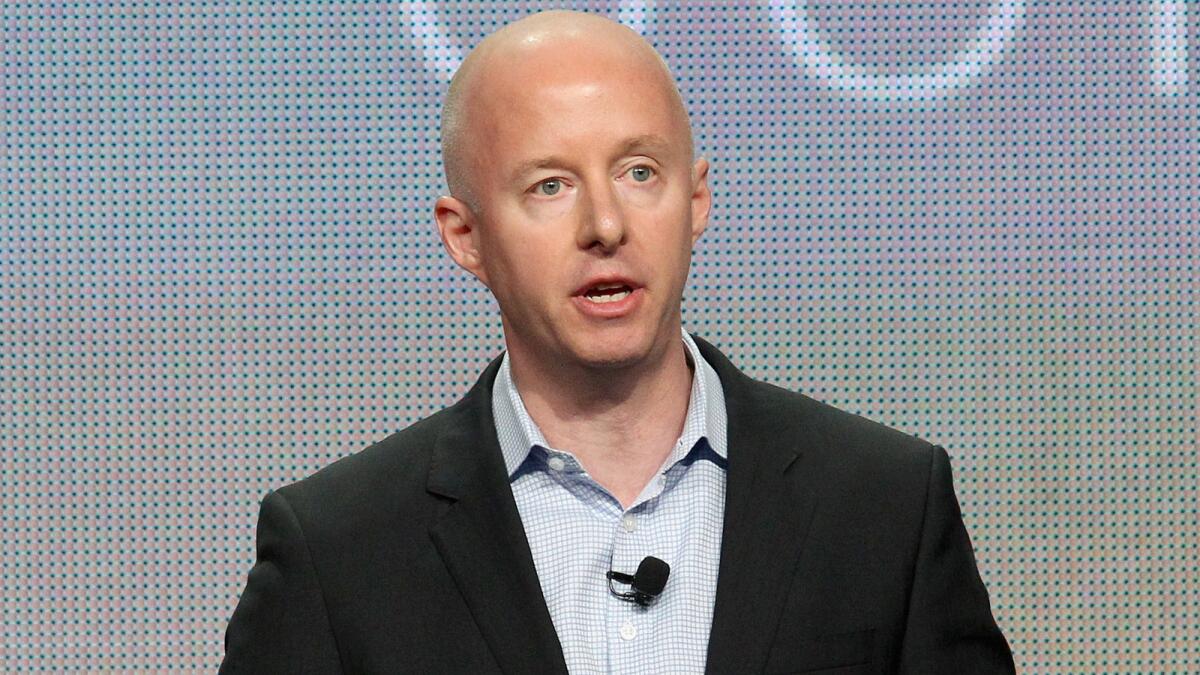
Chris McCumber, USA Network president
I wouldn't define TV by a platform anymore because it is ubiquitous, and you can get it anywhere at this point. So whether it's large screen or on my iPad or on my phone, or whether its going to be coming from my shoe 10 years from now, TV is really just a piece of entertainment or a show that the audience can have a long-term relationship with and love.
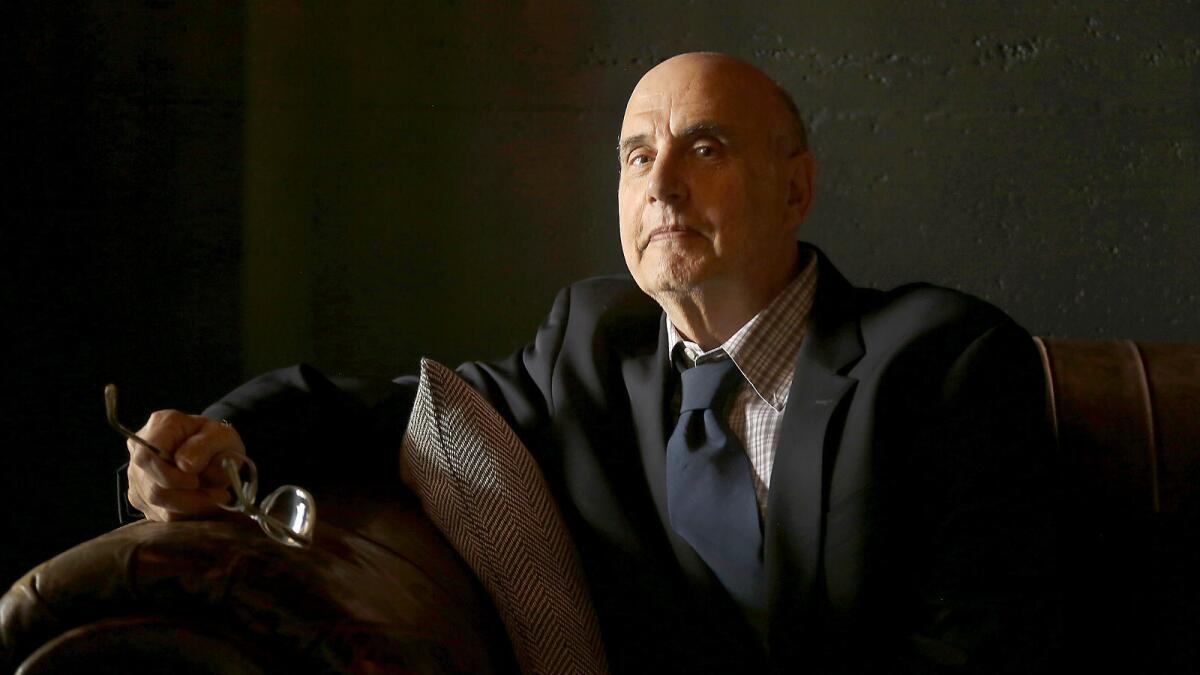
Jeffrey Tambor, "The Larry Sanders Show," "Arrested Development," "Transparent"
TV is whatever you want it to be. And what it should be praised for is how responsive it is to advancement. I do believe in the digital side of the street. I remember I went to some convention and there were all these questions about if online programming is the way to go, and I said to myself. "Oh, my God, the revolution is not only here, it's been here for some time." I mean, I remember when I would say, "Mom, I got cast in 'MASH,'" she would say, "What [channel]?" I'd say, "2," she'd say, "Good, we get 2." But television is no longer defined by boxed sets and channels. That world is over. This thing is moving fast."
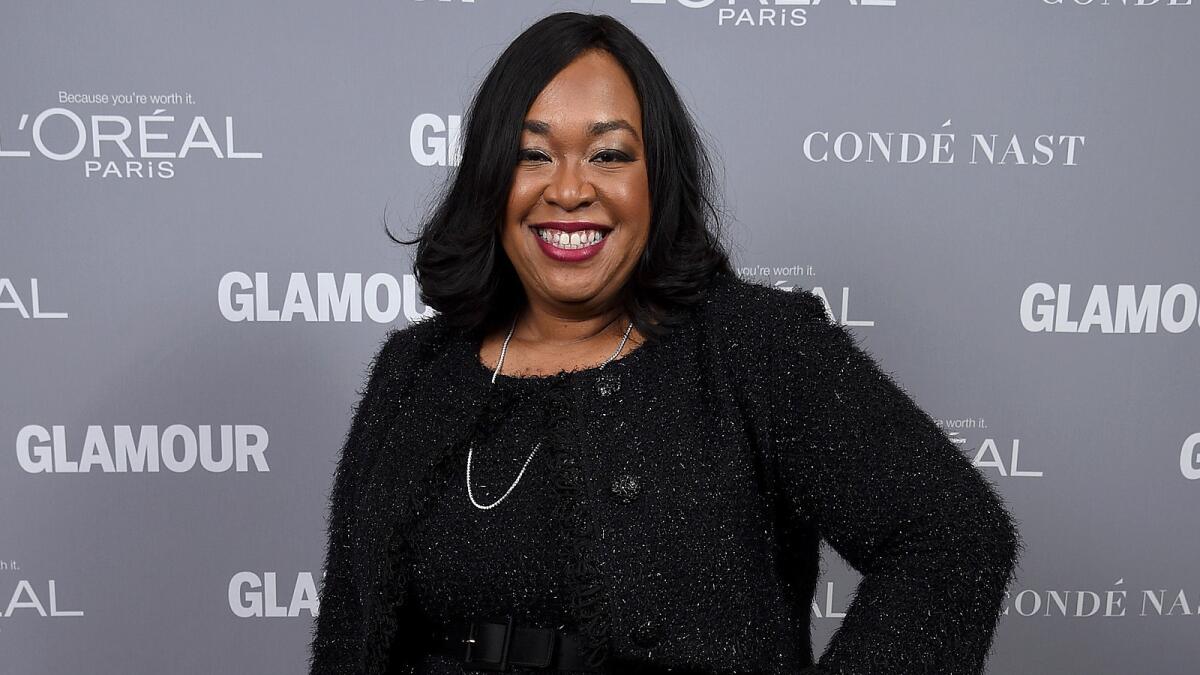
Shonda Rhimes, executive producer, "Grey's Anatomy," "Scandal"
At its core, it's quality entertainment. In its delivery, it's everywhere. It's you sitting with your iPad, it's you squinting at your phone or opening up the laptop, it's you sitting on your couch in front of a box TV set.
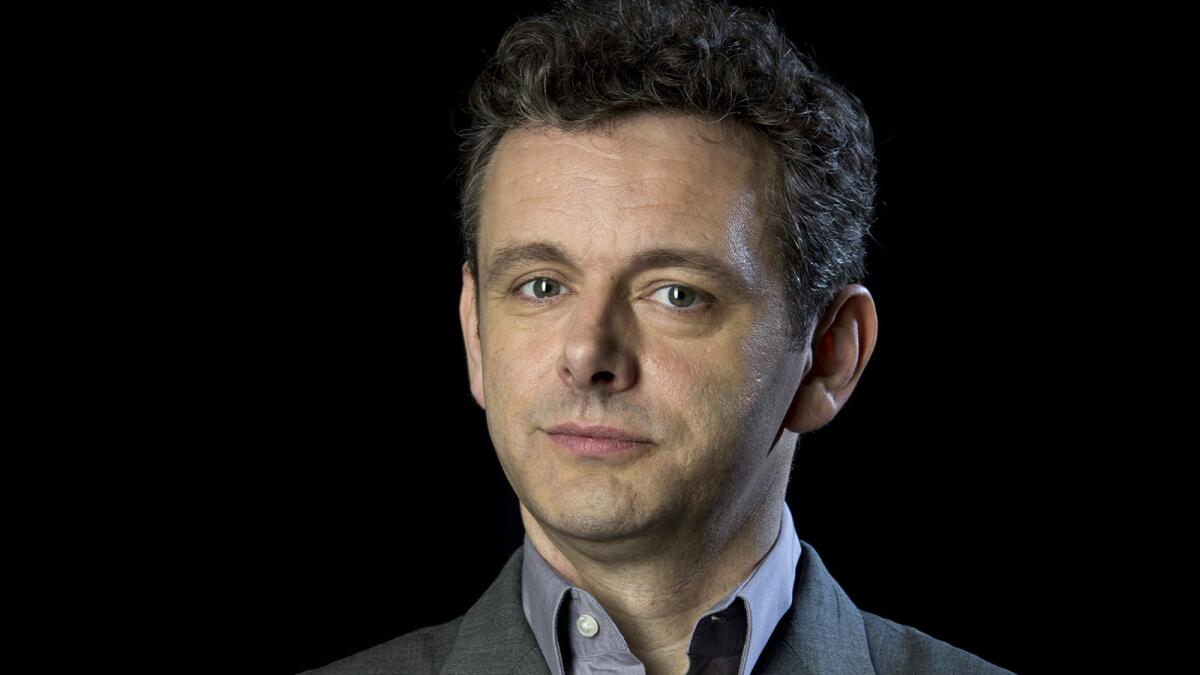
Michael Sheen, "Masters of Sex"
In a way, it's a whole new medium. It's still TV, obviously, but it's a completely different form of TV just in the way new technology and the old medium can work together. I don't just mean in terms of quality, but the way we watch it. TV, in some ways, is like doing a 12-hour movie and now people are watching it that way. Sitting there for hours and hours, consuming one episode after the other.
Mike Schur, executive producer, "Parks and Recreation" ( NBC), "Brooklyn Nine-Nine" (Fox)
When I decide to be scared about [all the changes], I think the sands are shifting, and no one knows anything. Everything is going to be different tomorrow than it was today. When I decide to feel OK about it, I think, "The business is still creating content and delivering it to people who want to consume it." As long as I still have a job creating content, it doesn't truly, deeply affect me other than in the way I negotiate contracts with people, which is completely secondary to the actual writing and producing.
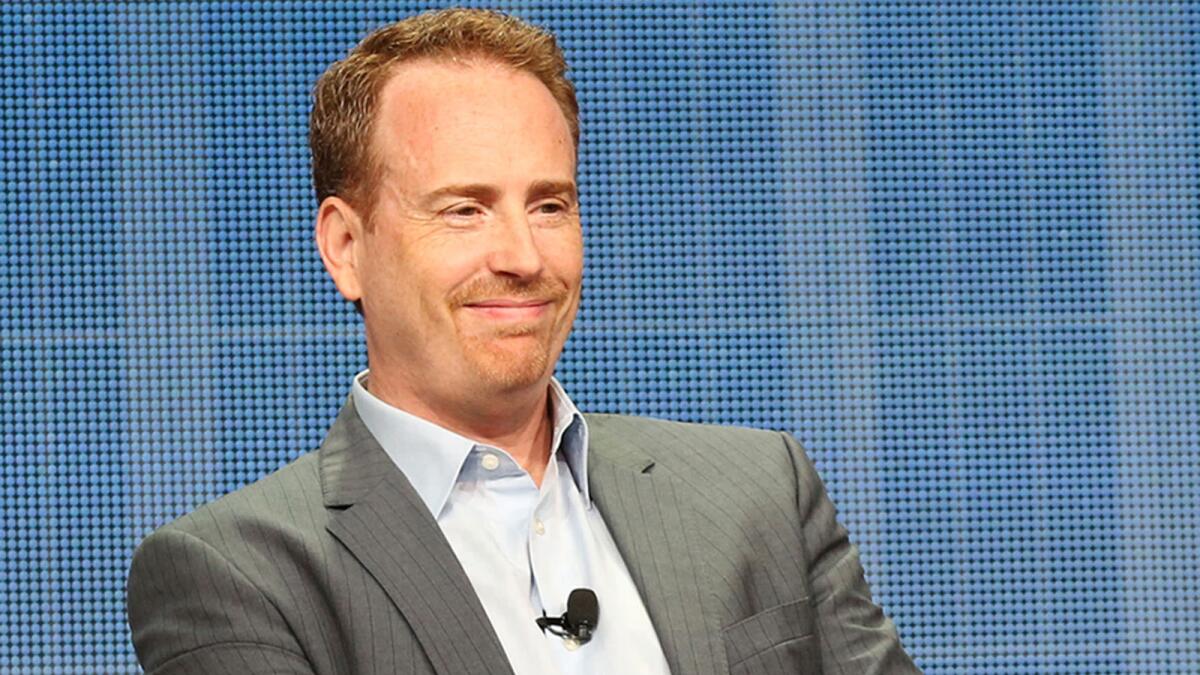
Bob Greenblatt, chairman of NBC Entertainment
We obviously think a lot about what people are watching and how they are watching. Everyone now has the ability to watch whatever they want, whenever they want it, which isn't necessarily the best for our business model. We just have to be smart about monetizing where people are watching and trying to capture the ratings elsewhere, which is a challenge. Nielsen is working on it, we have ideas on it. But the fact is, people aren't watching linear broadcast to the degree that they used to. So we have to track them down and figure out how to count them. We think about that all the time. It doesn't change how we think about the programs or the creative aspect, it's just how do you make the business model continue to work.
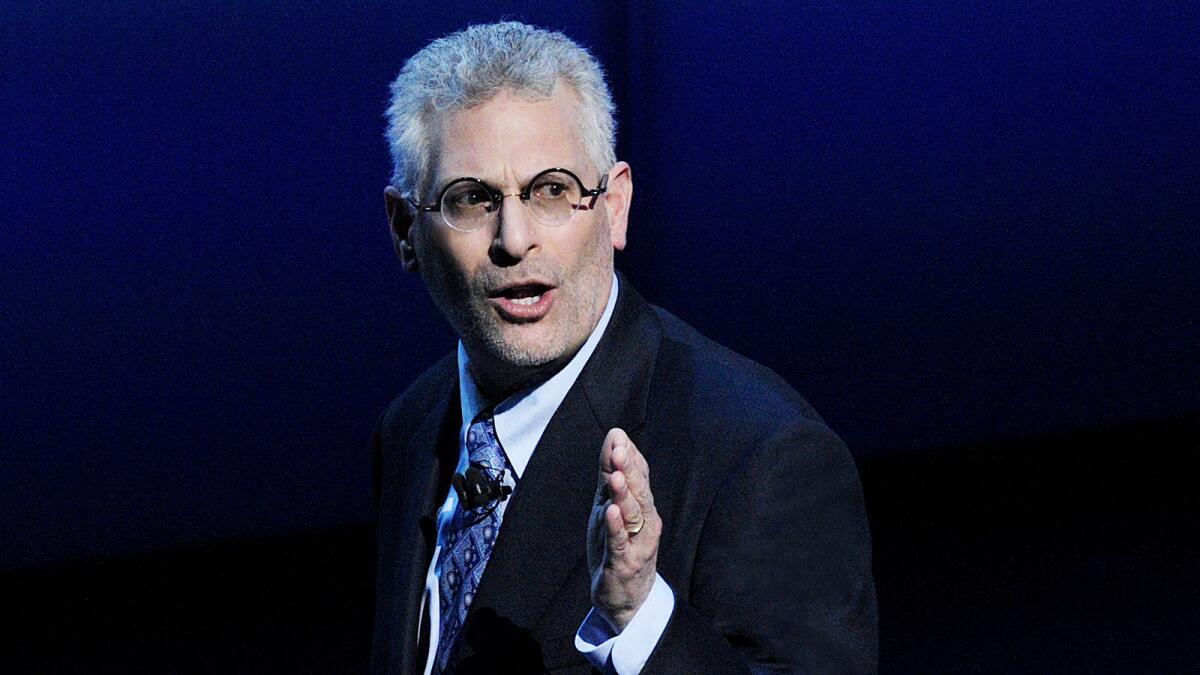
Mark Pedowitz, President of The CW Network
Mark Pedowitz, CW president
You have to view it that when you put a show on, it's not just what happens three days later or seven days later, it's almost 30 days later. In some instances, it may not be until the following summer. It makes it a little bit difficult, but it just means when you're deciding the fate of a show, you have to look at it in all its glory.
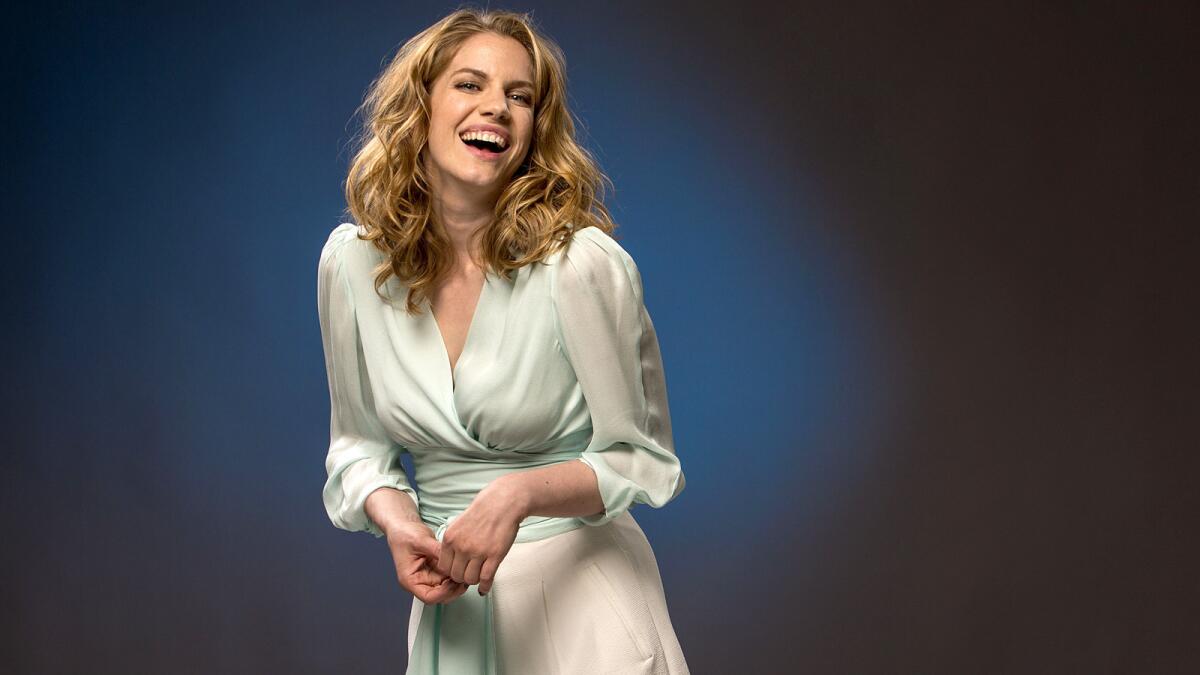
Anna Chlumsky, "Veep"
What has been the best or worst part of that change? In the older days, when you couldn't catch up on things, you'd miss whole series. Having it archived and available has made me more of a TV junkie! That's good and bad.
The complete guide to home viewing
Get Screen Gab for everything about the TV shows and streaming movies everyone’s talking about.
You may occasionally receive promotional content from the Los Angeles Times.



